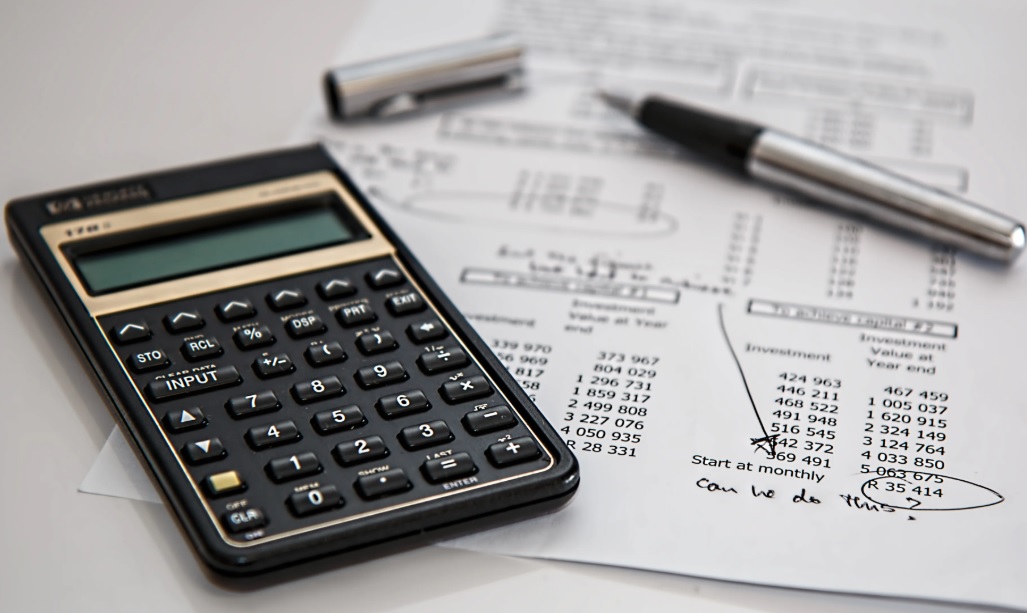
Financial management has always been one of the most important aspects of the business world, but it can be argued that this is even more relevant on a personal level. However, with all the complicated terms about financial projections, cash flow, and budgeting, managing your finances is not easy to get started with when you don’t have any experience.
But contrary to popular belief, you do not have to be an expert to effectively handle your money, and although there is no magic formula, certain principles have been proven to help you manage your financial situation competently.
From paying off debt to saving for retirement, let’s take a look at the fundamentals of personal finances.
Current Financial Situation
Before setting any goals about managing your money better, you need to understand how your money is being managed in the first place. It is recommended that you begin by creating a comprehensive financial plan of your current cash flow, income, savings, investments, assets and debts, income, and expenditure.
It is also important for you to take a mental inventory of your current financial position, and ask yourself some hard questions about overspending and savings. When doing this, you should be completely honest with yourself about your own strengths and weaknesses and this will help you to come up with meaningful solutions and changes.
Budgets and Budget Calendars
A budget designating how your income will be spent each month is one of the most important tools to help you succeed financially. It can be as high-level or detailed as you want it to be – as long as it leads you to whatever your goals are: not overspending, paying off debts, planning for emergencies, or saving for the future.
Budgeting is smart, but using the right financial tools for budgeting is genius. A budget calendar, for example – will help you remember all the important financial dates, such as the dates when you will get paid and the due dates of your bills and outgoings. The templates and apps for this kind of calendar are all over the Internet and the experts of CalendarBudget.com explain that creating the budget calendar of your choice has never been easier. Once you have chosen the most suitable software or app for your calendar, try to follow the budget plan as closely as possible. In order to stay on track, rewarding yourself once in a while will help you stay motivated and committed to the budget.
Personal Priorities and Financial Goals
Once you have a proper understanding of your financial situation, it is time to start setting some specific goals. Take some time to sit down and think about what you really want to achieve and make a list of these goals. One thing to keep in mind is that separating your goals into long-term and short-term categories will help you to budget and prioritize accordingly.
Emergency Funds
Life is full of the unexpected, and having the financial ability when in need is undoubtedly advantageous. Part of how to manage your money better is about being prepared and avoiding bad financial consequences during hard times, whether they are the result of an illness, unemployment or other unforeseen circumstances.
An emergency pot is recommended to contain between 3 to 6 months of expenses, but keep in mind that saving is not always about how much you plan to save, but rather how consistent you are with the process. Therefore, setting a goal to save whatever you can each week or each month and then assessing whether this turned out to be realistic is the best way to start building up your savings. You will be surprised how quickly your savings can grow with careful planning and budgeting.
Insurance
Insurance is one aspect of personal finance that is often overlooked since nobody likes to think about additional expenses while they are still safe and healthy and whilst all of their property is in good working order. That being said, we do not have the ability to predict the future and tragedies can occur at any time. The only ability we have is to stay well-prepared for disasters like accidents, illnesses, disability, and death by making sure to properly manage our finances and obtaining the important insurance required to mitigate any problems in our lives.
Personal financial management can be overwhelming at first, but it does not have to be that way. With this guide in hand, begin with one fundamental until you feel confident and then move on to the next one. Take advantage of all the resources available and start investing in yourself and your financial future today.

